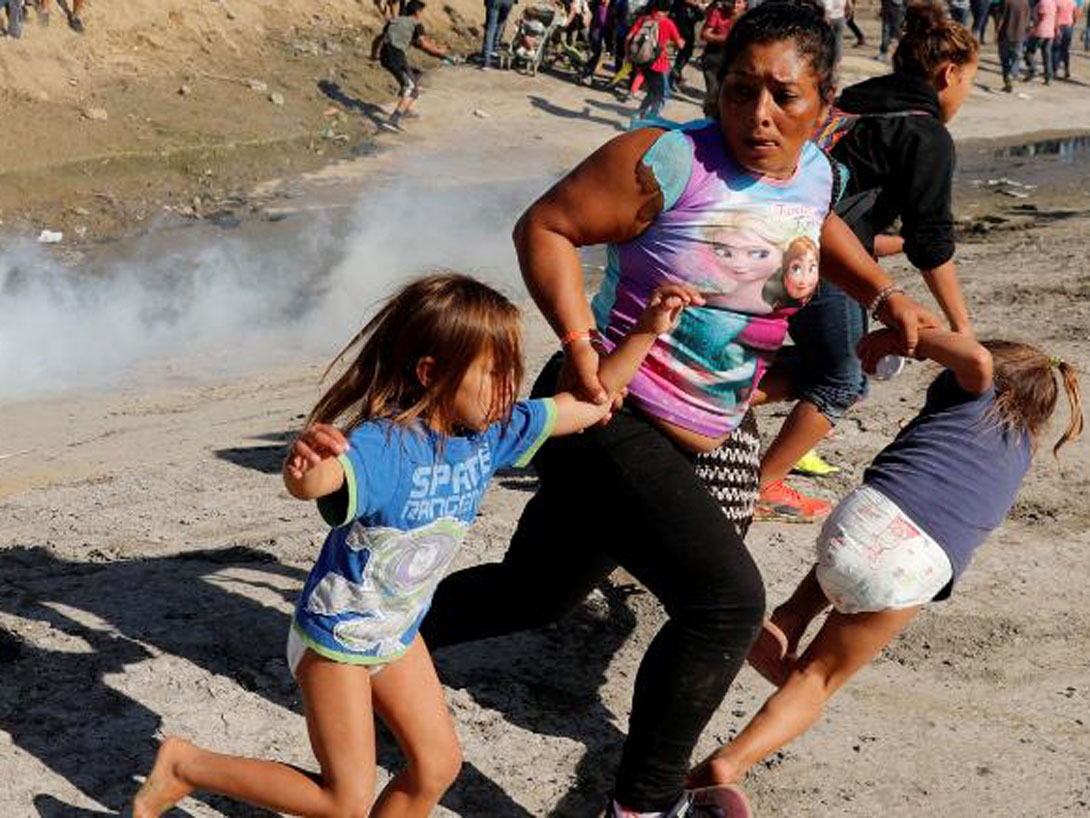Nearly 4,000 migrants have died trying to get to the US
Associated Press revealed that nearly 4,000 migrants, including asylum seekers and refugees, have died or gone missing along the route through Mexico toward the U.S. border in the past four years.
Associated Press pointed out that even its own number is “likely low,” with bodies being likely to have been lost in the desert, or families being reluctant to report their missing loved ones if they planned on entering the U.S. or other countries illegally.
The thousands of predominantly Central American migrants who have died or gone missing on the journey to the U.S. are among 56,800 people—including refugees and asylum seekers—worldwide who have died or disappeared since 2014, the AP has found in a separate report. That number is almost double the count found in the world’s only official attempt by the United Nation’s International Organization for Migration (IOM).
The AP has said it compiled its data from information from international groups, forensic records, death records, missing persons’ reports and data examination from thousands of interviews with asylum seekers.
According to a Missing Migrants Project, a joint research project by IOM’s Global Migration Data Analysis Center (GMDAC) and Media and Communications Division (MCD), in the area around the U.S.-Mexico border, the Missing Migrants Project recorded 364 deaths in 2018 alone. The AP’s estimates suggest that those numbers, however, are likely higher.
[Newsweek]

